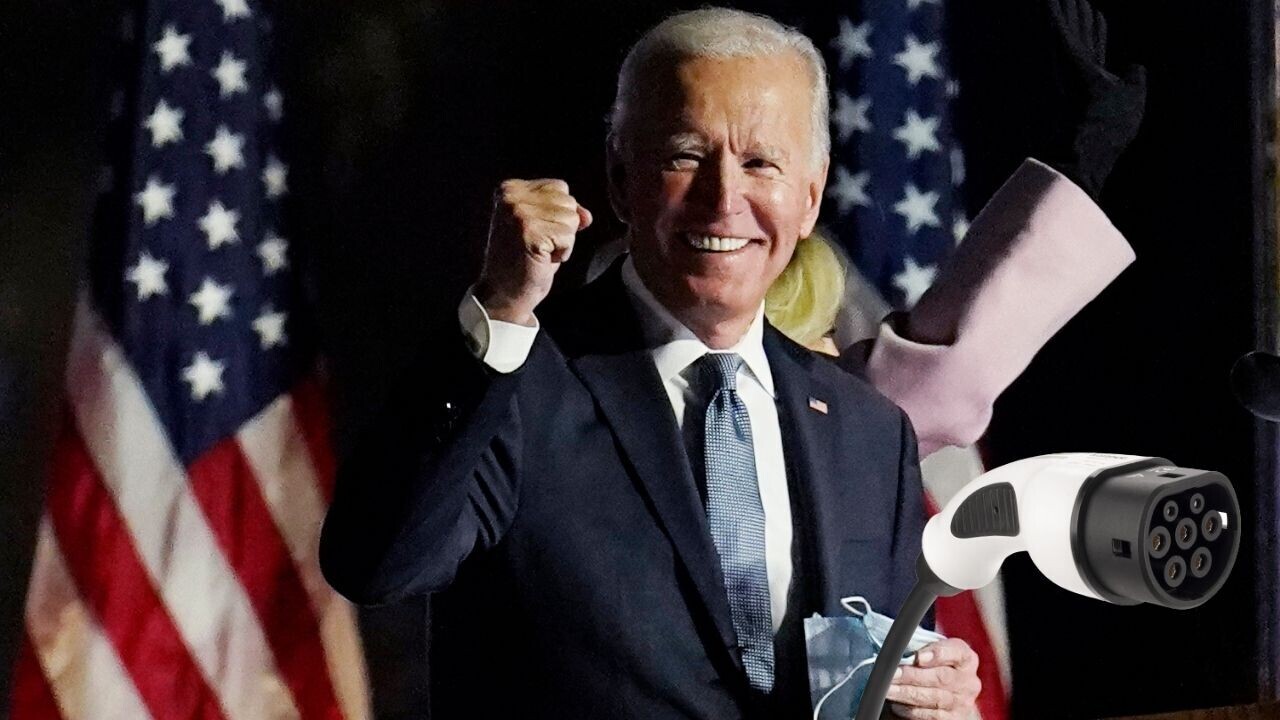
During a rather historic meeting at the White House on Thursday, automakers, the United Autoworkers (UAW), and other leaders officially expressed their support to Biden administration’s plans to strengthen American leadership on clean vehicles.
Through a series of statements, it became clear that the US is finally fully committed to reducing its greenhouse emissions and building a more sustainable transportation model.
Ford, GM, and Stellantis announced their common goal to achieve, by 2030, 40% to 50% of their total US sales in electric models (battery electric, fuel cell, and plug-in hybrid vehicles).
They also expressed their eagerness to work with the Biden administration and the respective state and governmental bodies in order to ensure the success of their ambitions.
Similarly, Ford, BMW, Honda, Volkswagen, and Volvo declared their support to President Biden as well as to the California framework, which has also set the same EV sales targets.
They noted, however, that there is a need for “bold action” from the federal government to meet the requirements of the Paris Climate Agreement.
Specifically, they’re asking for a nationwide greenhouse emissions standard, continuous investments in charging infrastructure, and consumer incentives for EV purchases.
The need for governmental support was also emphasized by John Bozzella, president and CEO of the Alliance for Automotive Innovation.
He explained that the auto industry’s $330 billion investment in EVs isn’t enough on it own.
The US needs to rapidly expand its charging and hydrogen fueling infrastructure, retool existing manufacturing facilities and build new ones, prepare and position our workforce to lead this transition, and provide consumer incentives to make these vehicles affordable and accessible to a wide range of customers.
Special focus on the American economic competitiveness was given by the United Autoworkers as well, who expressed their dissatisfaction with the fact that the US is falling behind China and Europe.
Most notably, though, UWA President Ray Curry pointed that the shift to EVs must preserve and even improve the wages and benefits of the union workers, who represent the American middle class.
Finally, California Governor Gavin Newsom and Julie Ceqeira, Executive Director of the U.S. Climate Alliance, applauded the Biden administration emphasizing on the future climate benefits through the critical reduction of air pollution.
All in all, it seems clear that Biden’s $2.5 trillion Build Back Better plan has sparked the vital change needed in the US car industry.
And as automakers are pledging sustainable commitments, we can be hopeful that the US will reduce its transport CO2 emissions, which, in 2019, accounted for almost one third of the country’s total emissions.
Do EVs excite your electrons? Do ebikes get your wheels spinning? Do self-driving cars get you all charged up?
Then you need the weekly SHIFT newsletter in your life. Click here to sign up.
Get the TNW newsletter
Get the most important tech news in your inbox each week.





